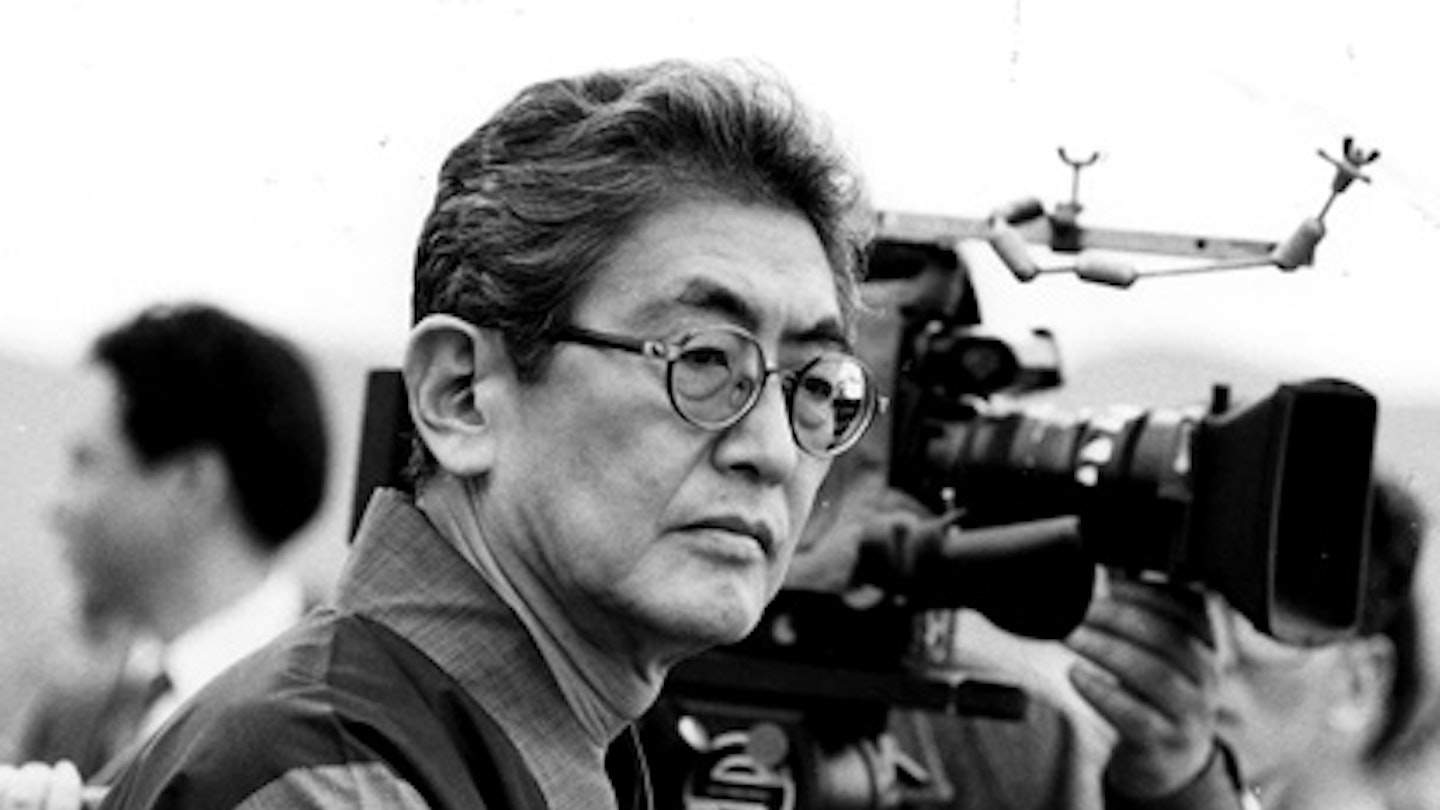Nagisa Ôshima, Kyoto-born screenwriter and director of Merry Christmas, Mr. Lawrence and the highly controversial** In The Realm Of The Senses**, has died. He was 80.
As a young director, Ôshima rebelled against what he saw as conventional Japanese filmmaking. He left university in his hometown of Kyoto for the esteemed Shochiku production house in Ofuna, outside Toyko. There he shrugged off the influence of the studio's roster of fêted directors - Yasujirô Ozu, Kenji Mizoguchi and Akira Kurosawa among them - to spearhead a new wave in Japanese filmmaking with films like A Town Of Love And Hope, his 1959 feature debut, The Sun's Burial and Night And Fog In Japan.
The latter showed the limits of the so-called Shochiku-Ofuna New Wave, with the studio pulling it from cinemas a mere three days after release when it was linked with the assassination of a socialist politician. Railing against the censorship, Ôshima claimed, "My film is the weapon of the people's struggle, [and] the people are demanding that the future of the Japanese film be directly tied to their own future."
Fearless and innovative, he further critiqued Japanese society with Death By Hanging and The Ceremony before controversy came calling again with 1976's In The Realm Of The Senses. Still discussed for its boundary-pushing depiction of (real) sex and sexual violence, it was heavily censored in almost every country in which it was released.
Ôshima was best known to mainstream Western audiences for his 1983 adaption of Laurens van der Post's wartime novel Merry Christmas, Mr. Lawrence which married the talents of diverse talents of David Bowie, Takeshi Kitano and Ryuichi Sakamoto into a POW drama that was praised for its performances despite being shot entirely without rushes (it's highly unusual for actors to be denied the chance to see how they're doing in dailies during shooting in that way).
After suffering a stroke in 1996, he returned to filmmaking three years latter with period drama Taboo, his final feature film.
